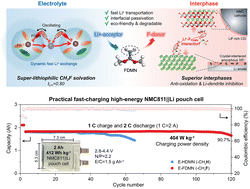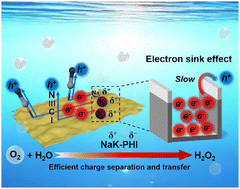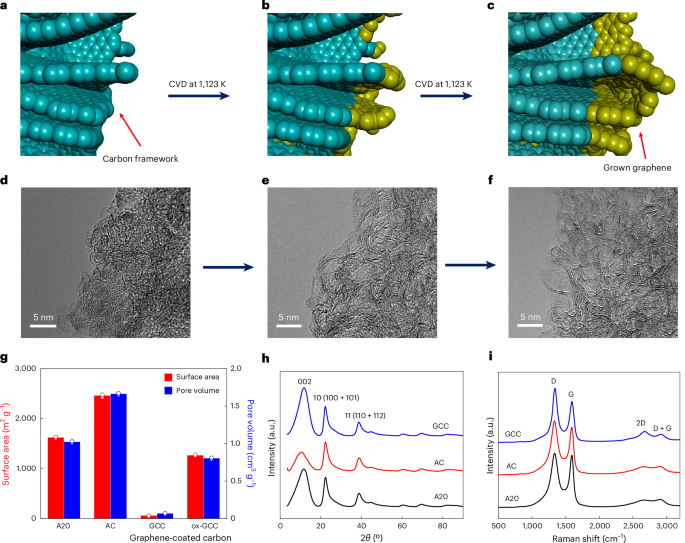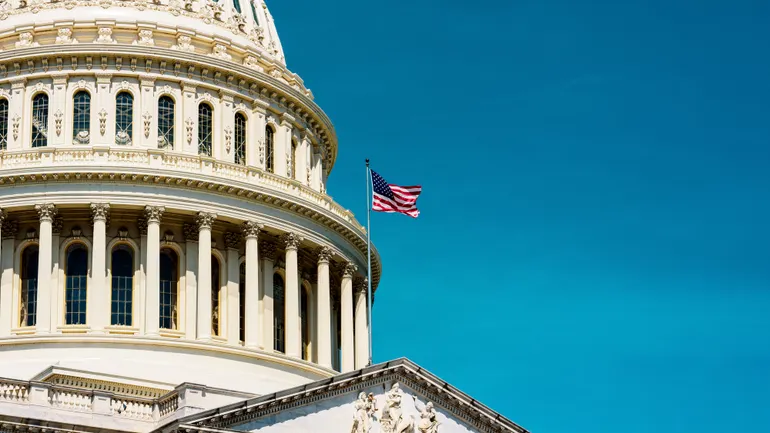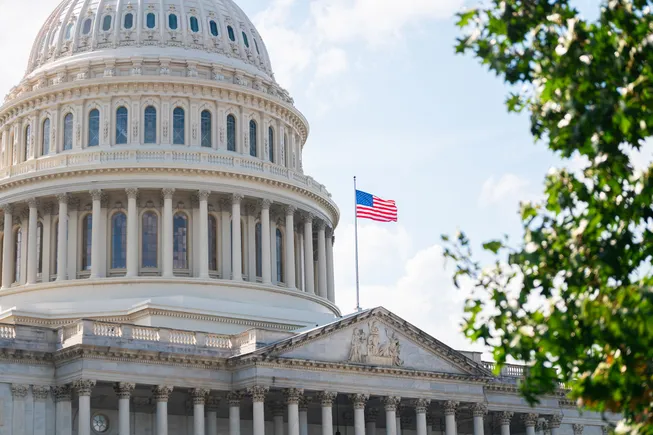Evolution of AI Washing Enforcement: DOJ Enters the Picture
On April 9, the US Department of Justice and Securities and Exchange Commission announced parallel cases against the founder and former CEO of an artificial intelligence startup for allegedly misleading investors about his former company’s product capabilities. The cases are the latest salvo in regulatory focus on AI companies and their public statements about the […]

Joel M. Cohen is a Partner, and Gabriella Margaux Pérez Klein and Robert DeNault are Associates, at White & Case LLP. This post is based on their White & Case memorandum.
On April 9, the US Department of Justice and Securities and Exchange Commission announced parallel cases against the founder and former CEO of an artificial intelligence startup for allegedly misleading investors about his former company’s product capabilities. The cases are the latest salvo in regulatory focus on AI companies and their public statements about the products they offer.
Background
Last week, the DOJ charged the founder and former CEO of an AI startup with securities fraud and wire fraud for allegedly making false and misleading statements about the company’s use of proprietary artificial intelligence and its operational capabilities. [1] This new AI prosecution follows our previous predictions that regulators are becoming increasingly consequential in circumstances where they believe companies make public statements to investors or customers about AI products. As attorneys at the DOJ and the SEC sharpen their understanding of AI, it is becoming clearer where lines can be drawn in developing cases in connection with statements about AI products.
This outcome is also notable because it seeks a meaningfully harsher result in a case that bears many similar facts to another recent investigation into public statements concerning an AI-based product, where only the SEC acted and on more modest terms. Just four months earlier, the SEC settled a matter alleging similar conduct and similar facts on the basis of negligent fraud, with no fines or financial penalties. [2] Four months later, both the DOJ and the SEC are pursuing criminal and civil fraud charges against the founder and former CEO of a company for allegedly similar conduct. These differences reflect the emerging confidence of DOJ to pursue criminal cases involving AI.


























































































![The F-35’s future: The power and cooling competition that could change everything [Video]](https://breakingdefense.com/wp-content/uploads/sites/3/2024/09/240924_F35_moon_USAF-scaled-e1727200160419.jpg?#)























